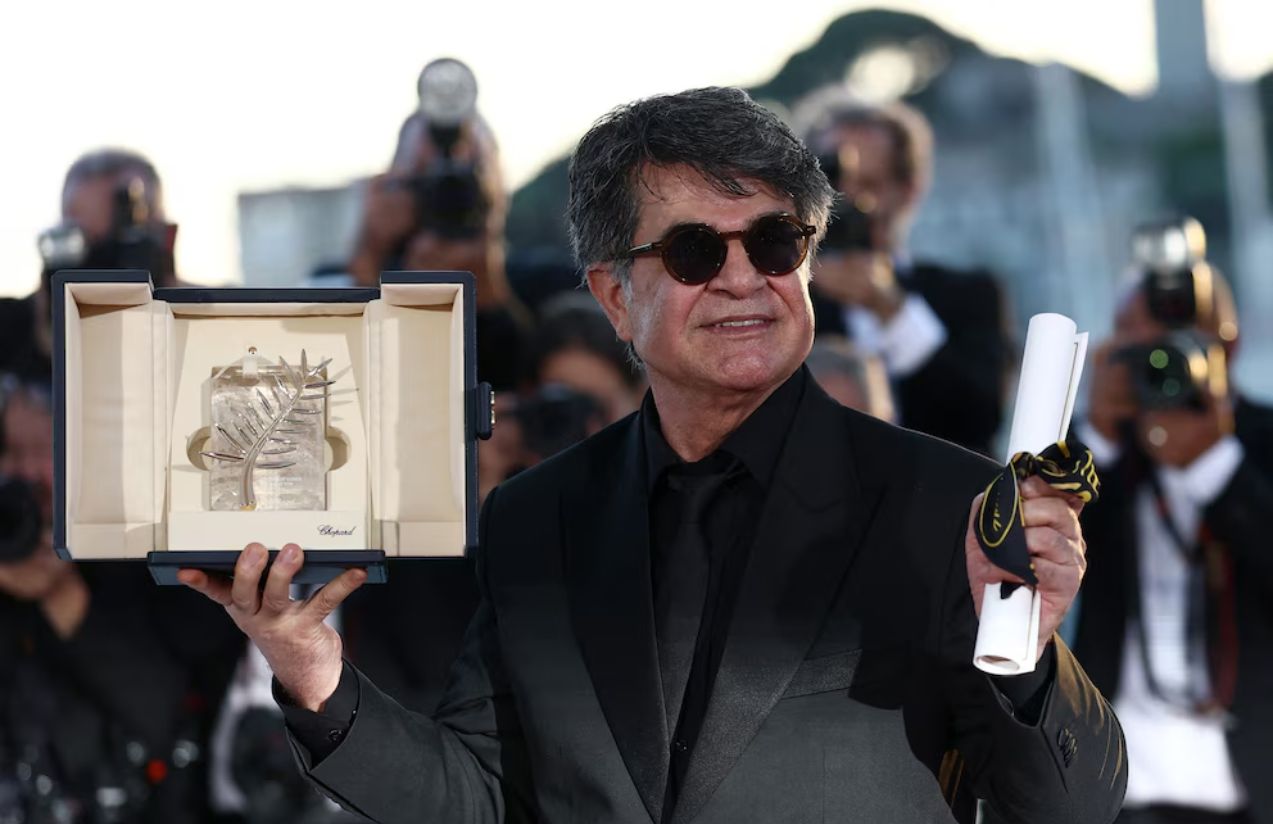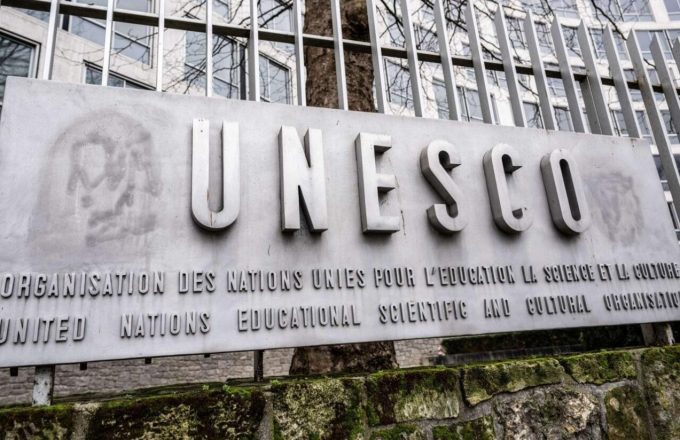The Iranian regime summoned France’s chargé d’affaires in Tehran on Sunday to lodge a formal protest following remarks made by French Foreign Minister Jean-Noël Barrot, who praised the recent Cannes triumph of dissident filmmaker Jafar Panahi with pointed criticism of the Iranian government.
According to Iran’s state news agency IRNA, the diplomat was called in over what it described as “insulting remarks and unfounded accusations” made by Barrot on social media. The minister had hailed Panahi’s award as “an act of resistance against the oppression of the Iranian regime.”
“Iranian filmmaker Jafar Panahi wins a Palme d’Or in a gesture of resistance that rekindles hope for all freedom fighters around the world,” Barrot posted on X, shortly after A Minor Accident, directed by Panahi, won the top prize at the 78th edition of the French film festival. The film, shot secretly inside Iran, tells the story of a man who, after a car accident, believes he has recognized his torturer and sets off to find other victims.
The award drew widespread reactions both internationally and within Iran. Nobel Peace Prize laureate and Iranian activist Narges Mohammadi congratulated the director on X, highlighting his human rights advocacy: “This victory is no coincidence—it is the result of tireless dedication to exploring humanistic values and defending human rights.”
Inside Iran, the Iranian Directors’ Association called the award “encouraging,” emphasizing that “Iran’s independent and thoughtful cinema continues to ascend despite all the restrictions, bans, and censorship.”
Panahi, a prominent critic of the Iranian regime, has been imprisoned multiple times. In 2010, he was sentenced to six years in prison on charges of “propaganda against the system” and “collusion against national security.” He was arrested again in 2022 after protesting the detention of fellow filmmakers Mohammad Rasoulof and Mostafa Aleahmad. Panahi was released on bail in 2023 and, after 14 years of travel restrictions, managed to leave the country.
At the Cannes award ceremony, Panahi hesitated for a few moments before walking onstage. In his speech, he called for unity among Iranians: “Let no one dare to tell us how to dress, what to do, or how to behave,” he declared. The following day, in an interview with AFP, the director said he had “absolutely no fear” of returning to Iran: “This award is not for me—it is for all the Iranian filmmakers who are currently unable to work, but we hope they will be able to again soon.”
IRNA also reported on the win, calling it a historic moment for Iranian cinema. The agency noted that this was only the second time an Iranian director has won the Palme d’Or—the first being Abbas Kiarostami in 1997 for Taste of Cherry.
Panahi had not attended Cannes in 15 years. Throughout his career, he has received the Caméra d’Or in 1995 for The White Balloon, the Golden Lion in Venice in 2000 for The Circle, and the Golden Bear in Berlin in 2015 for Taxi Tehran. His latest film, A Minor Accident, like many of his previous works, was filmed in secret.




















